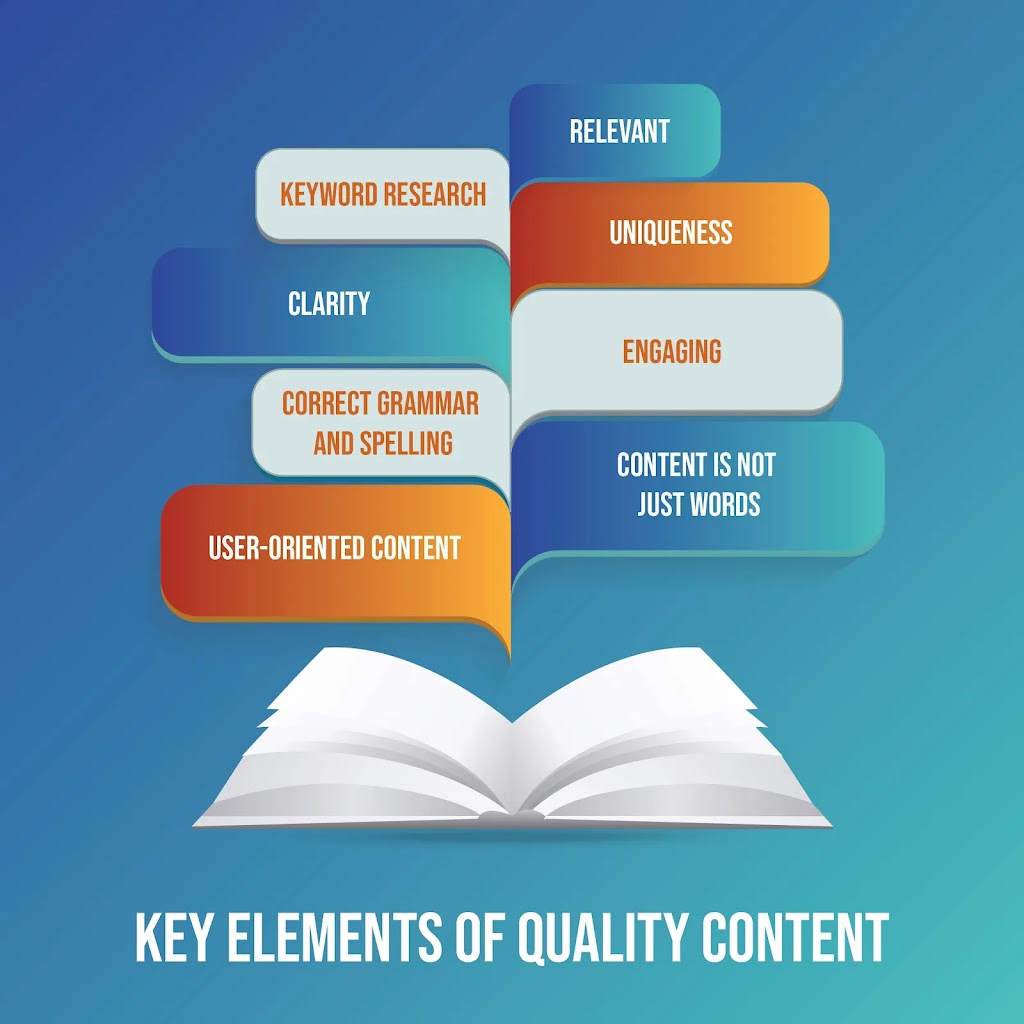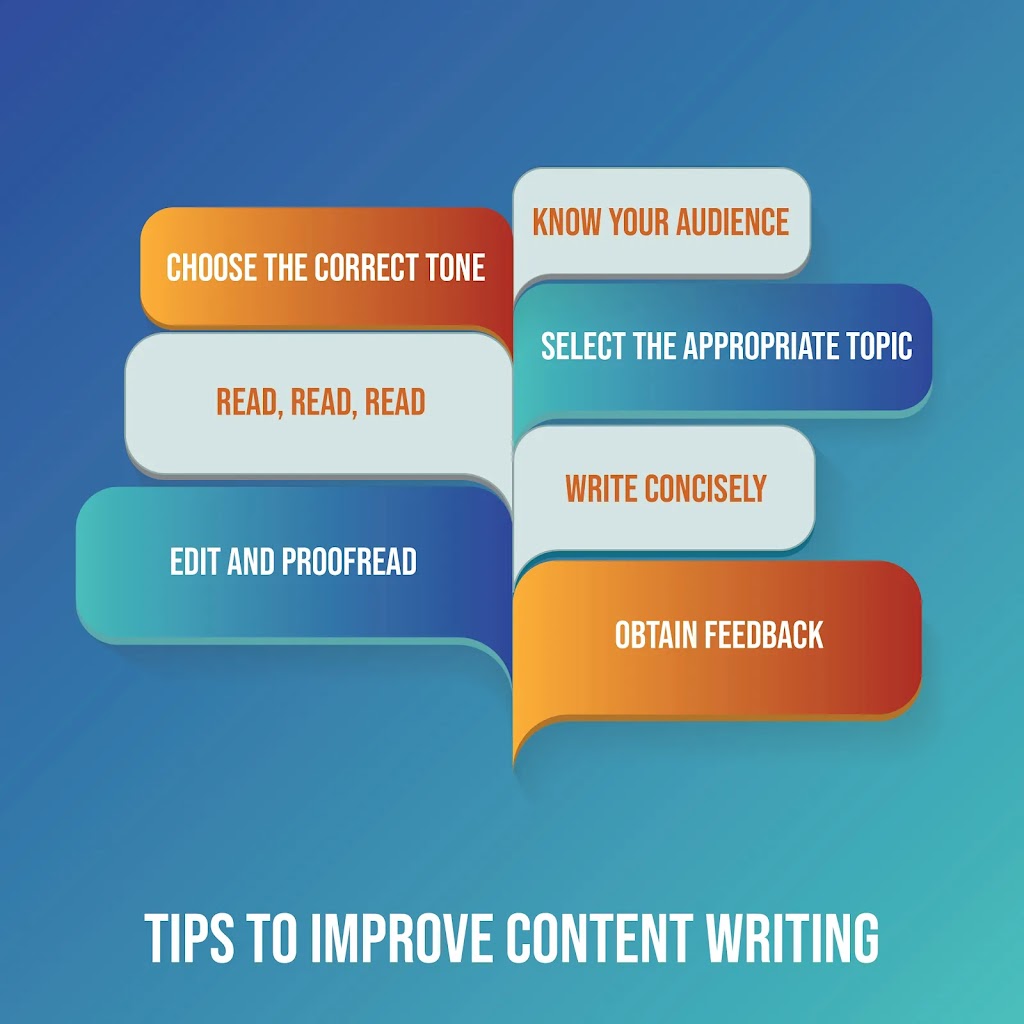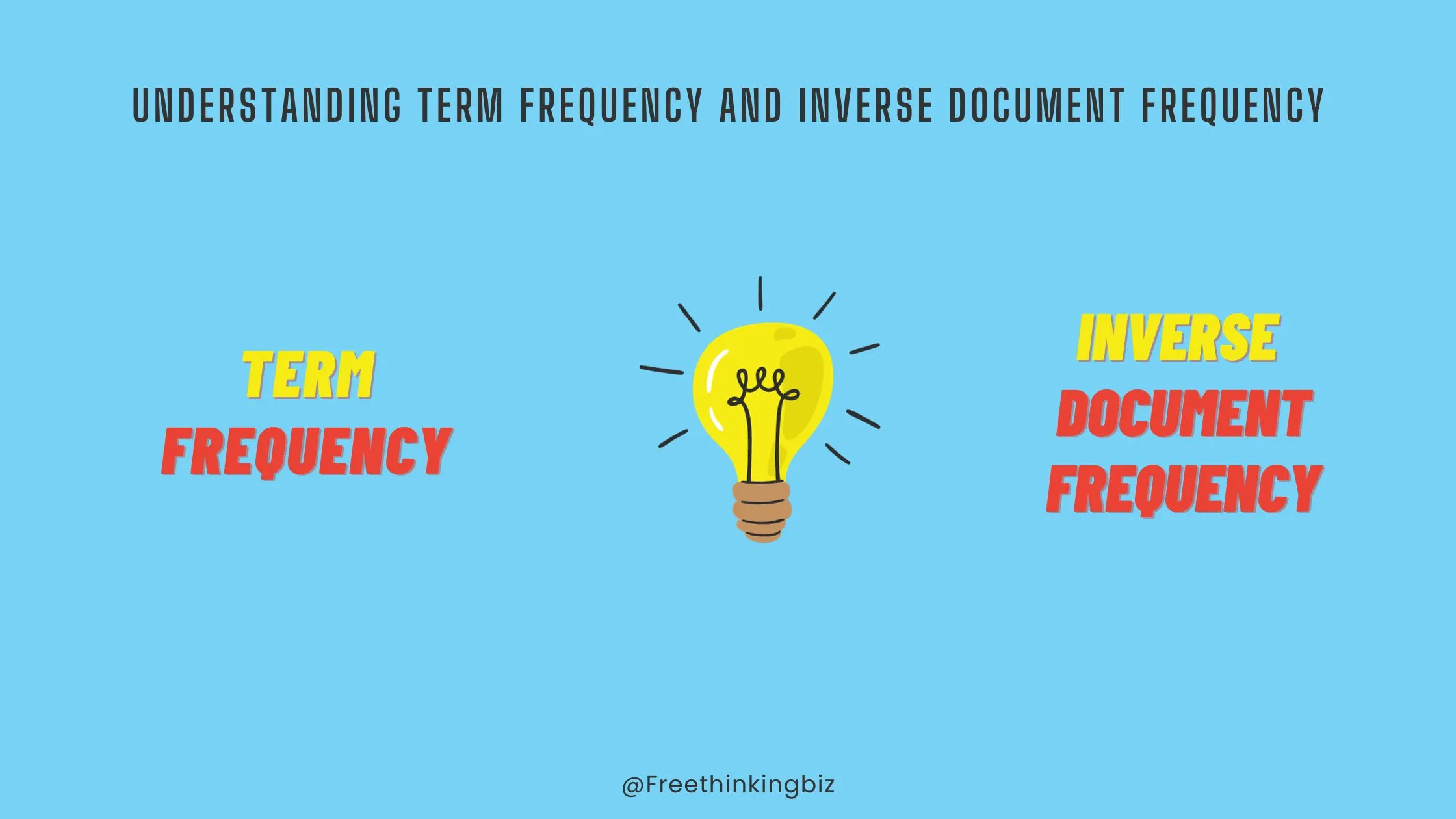You’ve probably heard that content is king. From websites to social media, quality content is what draws users in and sets you apart from the competition. Web content writing, editorial writing, copywriting, podcasts, and video content are all examples of content writing.
According to the preceding statement, content is the bread and butter of the internet. But what exactly is content writing? What method do you use to create content? And what are the features of high-quality content? This Beginners Guide to Content Writing is for you if you want answers to these questions.
Without any further ado, let us dive right into our guide.
What is Content Writing?
Content writing is a type of online writing that focuses on providing users with helpful information about a product or brand. This content could be blogs, webpages, ebooks, or social media posts.
Writing is not the only skill required to be a content writer; a variety of skill sets are required. Because writing content is no longer sufficient in today’s digital age. After writing it, you must publish and promote it in order for it to reach a large audience. To succeed in this field, a content writer should be familiar with topics such as SEO (Search Engine Optimization), as well as WordPress and HTML.
The goal of content writing is to provide useful information to users in order to gain their trust and increase sales. Because content writing is the most fundamental component of digital marketing, if you don’t have an online presence, no one will search for your business and you won’t get any sales.
One of the most in-demand skills in the market is content writing. So, if you want to become a content writer or are simply interested in digital marketing, Save this page because we will provide you with valuable information about content writing and SEO that will undoubtedly help you advance in your career.
Types of Content Writing:
There are various types of content writing. A content writer can write about anything from cooking recipes to travel blogs to website content.
On a daily basis, you come across several types of content; while there are many others, the following are the most common:
1. Blogging:
The most common type of online content writing is blogging. Because search engines like Google favor websites that consistently provide new content to their audience.
If you’re unfamiliar with blogs, they’re a section on brands’ websites where they post articles about their products or services to inform existing and potential customers. A blog post is a single article in that section. A blog can be thought of as a collection of such articles.
This article, for example, is one of many blog posts published on our blog.
Blogging is the most efficient and cost-effective way to build a brand. As a business owner, you can hire a writer to do this for you, or if you are a content writer, you should be familiar with SEO and, most importantly, keyword research.
2. Copywriting:
Nowadays, copywriting is the most important type of content writing. The primary goal of copywriting is to deliver words that persuade people to take a specific action. In a nutshell, it is salesmanship through text or words without speaking.
Copywriting is so important that without it, your regular informative content will be boring and unconvincing to your customers. Website content, product descriptions, advertisements, and press releases are all examples of copywriting.
Another factor that makes copywriting crucial is that it is the first piece of content that a potential customer will see about your brand.
3. Social Media Posts:
About 58% of the world’s population uses social media. With such a large audience, brands and businesses must have a social media presence. As a social media post writer, you must create short but meaningful content that will capture the attention of users. The goal of this writing is to inform users about any new product or event, essentially to keep users informed.
To be an effective social media writer, you must understand the formatting and quirks of each platform. There are numerous platforms, such as Facebook, Twitter, and LinkedIn, each with its own set of content specifications and requirements.
4. Technical Writing:
There are many industries out there, and some, such as the legal, health, and banking sectors, are not for everyone. Only experts in these fields can write better. This is known as technical writing. Because of the risk of misinformation, general website content writers are unable to create technical documents.
So, if you are an expert in any field, you can easily begin technical writing. It entails writing product descriptions, how-to guides, and product reviews to provide users with information about various products.
5. SEO Content Writing:
The most important type of online content writing is Search Engine Optimization (SEO). It encompasses all of the types above. Without SEO writing, all other types of writing will fail to produce the desired results.
The goal of SEO writing is to include targeted keywords in content that users are looking for online. This aids in the ranking of websites higher on Search Engine Result Pages (SERPs). Many tools, such as Ahrefs and Moz, can assist you with keyword research.
Key Elements of Quality Content
If you’ve ever met a digital marketer or SEO professional, you’ve probably heard them talk about quality content. But what exactly is quality content?
The heart of search engine optimization is content. Any website’s content should be enhanced with a few key aspects in order for it to rank higher. Quality content is comprised of the following elements.

1. Relevant:
The content you provide should be relevant to the requirements and interests of your target audience. It should respond to their questions rather than just bush around.
2. Keyword Research:
Conduct keyword research to ensure that your content is relevant to the needs of your users. It is the most effective method of identifying what searchers are looking for on the internet. Make a list of important keywords and include them in your text, but don’t force them.
3. Uniqueness:
All search engines rank websites that give users unique and informative material. Your content should offer a fresh take on the subject or new facts about it. So you must avoid plagiarism at all costs and write 100% original content.
4. Clarity:
Your topic’s flow should be obvious. It should not be distorted in any way that makes it difficult to interpret for visitors. Your information should be simple to comprehend and well-organized.
5. Engaging:
Your content should be engaging from start to finish, encouraging your readers to leave a comment or share it on social media. Make headlines that entice your reader to read the entire article rather than just skimming through it.
6. Correct Grammar and Spelling:
No matter how entertaining or original your material is, if there are frequent grammar or spelling errors, no one will read it. Spend some time re-editing your text. Also, double-check the facts and statistics you’ve included.
7. Content is not just words:
Pictures, videos, and other forms of multimedia make your content more engaging and user-friendly. Nobody wants to read 1200 words that are boring, so make them exciting by including images and videos.
Never include unnecessary multimedia.
8. User-Oriented Content:
According to Google’s most recent upgrade, your content should be written for people, not search engines. Always attempt to provide useful information to your users. Yes, your content should be properly optimized for search engines, not just for better rankings, but also for a better user experience. After creating a piece of content, read it through the eyes of a user and aim to answer one question that will help the reader learn something new.
What are some common mistakes in content writing?
The most common mistake that novice content writers make is failing to define their target audience. Always keep in mind who you are writing for; this provides you with a direction to write in and keeps your post organized. Another error is failing to make the information compelling enough or failing to include a strong call to action. It is also critical to avoid keyword stuffing, which is the practice of repeating a keyword too many times. You do it to improve your ranking, but most of the time it backfires and your website is penalized by search engines.
Another common blunder made by beginners is the use of difficult language. Although it may appear that using bigger and more impressive words will make your writing appear more professional, this is actually counterproductive. The majority of the time, these terms make your content harder to understand. As a result, it is preferable to use simple language. Also, while confidence is beneficial, overconfidence may be dangerous, so reread your writing.
The majority of individuals do not use images, which makes your article dull and unpleasant to read. To make your content more engaging, always incorporate related photos and infographics.
Tips to improve Content Writing:
Use the following tips to improve your content writing:

1. Know Your Audience:
Before writing, consider your audience’s level of education, demographics, and degree of understanding. Then, customize your material to their specific interests and needs.
2. Choose the correct tone:
After you’ve figured out who your audience is, choose a tone that is welcoming and engaging. Make sure you choose words that the majority of your readers will understand.
3. Select the appropriate topic:
Conduct research on your topic to determine what you should write about. You can’t just start writing about anything; constantly look for trending topics in your industry and provide your own viewpoint.
4. Read, read, read:
Read what you want to write; for example, if you want to write a blog post, read other people’s blog posts to see how they organize their thoughts.
5. Write Concisely:
Avoid using huge phrases; your goal should be to express your idea directly and in as few words as possible.
6. Edit and Proofread:
Proofread and edit your article or social media post. Examine it for grammatical, spelling, and factual mistakes. Read your text aloud to check if there are any odd phrases that you will miss if you only scan through them. Remember that proofreading is crucial.
7. Obtain Feedback:
Obtaining feedback on your material is the most effective technique to improve your writing style. After you’ve finished writing, have someone read it and tell you how they interpret it.
Final Words:
In the current digital age, one of the fastest-growing professions is content writing. Businesses require content in order to launch a marketing campaign on their website.
If you want to be a content writer, keep in mind that creating quality content needs strategy, research, and focus. Avoid frequent errors in grammar, spelling, and keyword stuffing. Always generate content that is both compelling and user-friendly, as well as search engine friendly.
In addition, adopting SEO best practices and focusing on readability and tone will ensure that content is not only well-received but also easily accessible to a large audience.
Whether you are a seasoned writer or a beginner, understanding the foundations of content writing and constantly refining your skills will immensely benefit your writing and, ultimately, your readers.
Please leave a comment if you have any queries or recommendations.




WAH G WAH MAUJ KAR DE